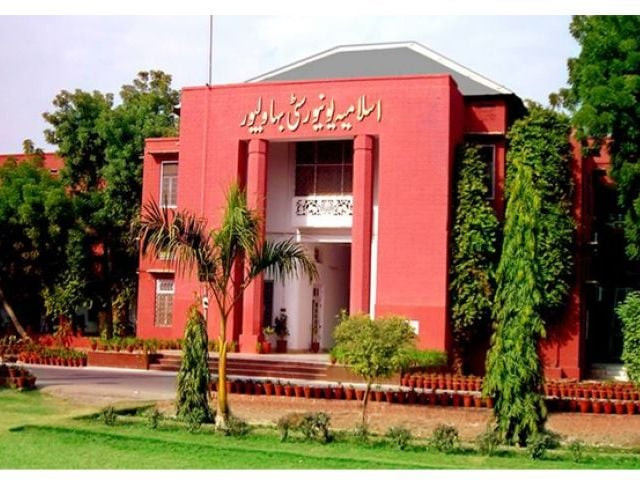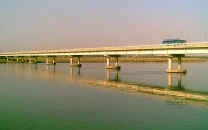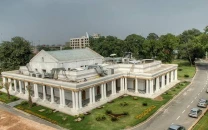IUB develops multi-cropping system for Cholistan
Environmental problems include alkaline natured soil, harsh weather and drought stress

The Department of Cholistan Institute of Desert Studies, Islamia University of Bahawalpur (IUB) has established the multi-cropping system of ‘Sesame and jujube’ under drip and sprinkler irrigation method powered by solar energy in sandy alkaline soil.
IUB Researcher Dr Muhammad Shahid Rizwan was working on a project funded by Higher Education Commission Pakistan on diversifying the cropping system of Cholistan by integrating soil and water management practices. As per IUB spokesperson Shahzad Ahmad Khalid, Cholistan is a vast sandy desert spread over about 26,000 kilometre square.
The sandy alkaline natured soil, harsh weather, heat and drought stress, underground saline water, and low organic matter are among the major environmental problems of Cholistan and limiting agricultural production in this region.
Food security had been a major issue due to continuous increase in population. During the current year, about 2.75 million tonnes of edible oil worth Rs321.54 billion was imported. As per details, local production of edible oil, during 2019- 20, was estimated at 507,000 tonnes. Total availability of edible oil from all sources was provisionally estimated at 3.26 million tonnes.
The spokesperson said there was a dire need to conserve sandy textural soils by adopting various socio-economical soil conservation techniques to get maximum income by cultivation of drought and salinity tolerant crops-plants species. These techniques would definitely contribute towards improvement of living standard and income of South Punjab, the spokesperson claimed.
“Sesame is a survivor crop with the ability of being drought-tolerant and disease resistant and also having the ability to grow and provide high yield where most crops fails.” Dr Shahid highlighted that by utilising innovative water saving techniques and irrigation management practices, the province can produce better oil seeds and agronomic crops with fruits culture.
“This can help fulfill the population’s food demands that are less water demanding or able to withstand deficit irrigation with minimum impact on crops-plants yield and quality under desert environment.” He further said, “Cultivation in barren desert lands may contribute to meeting country's requirement by reducing pressure on imports.”


















COMMENTS
Comments are moderated and generally will be posted if they are on-topic and not abusive.
For more information, please see our Comments FAQ